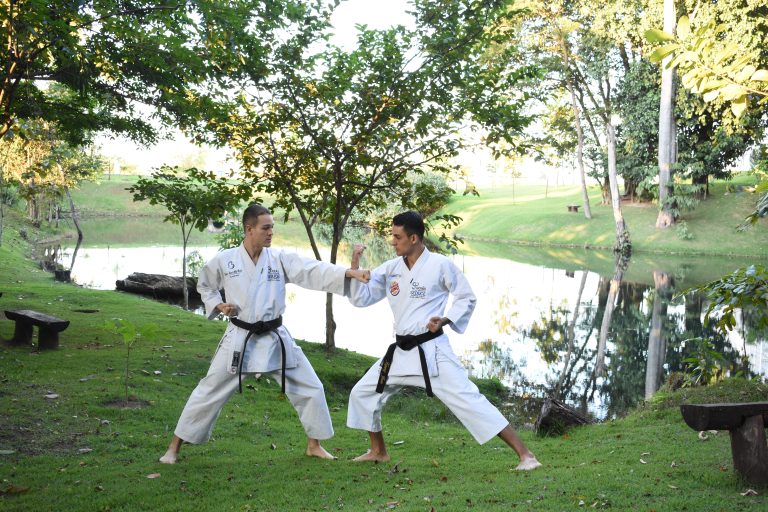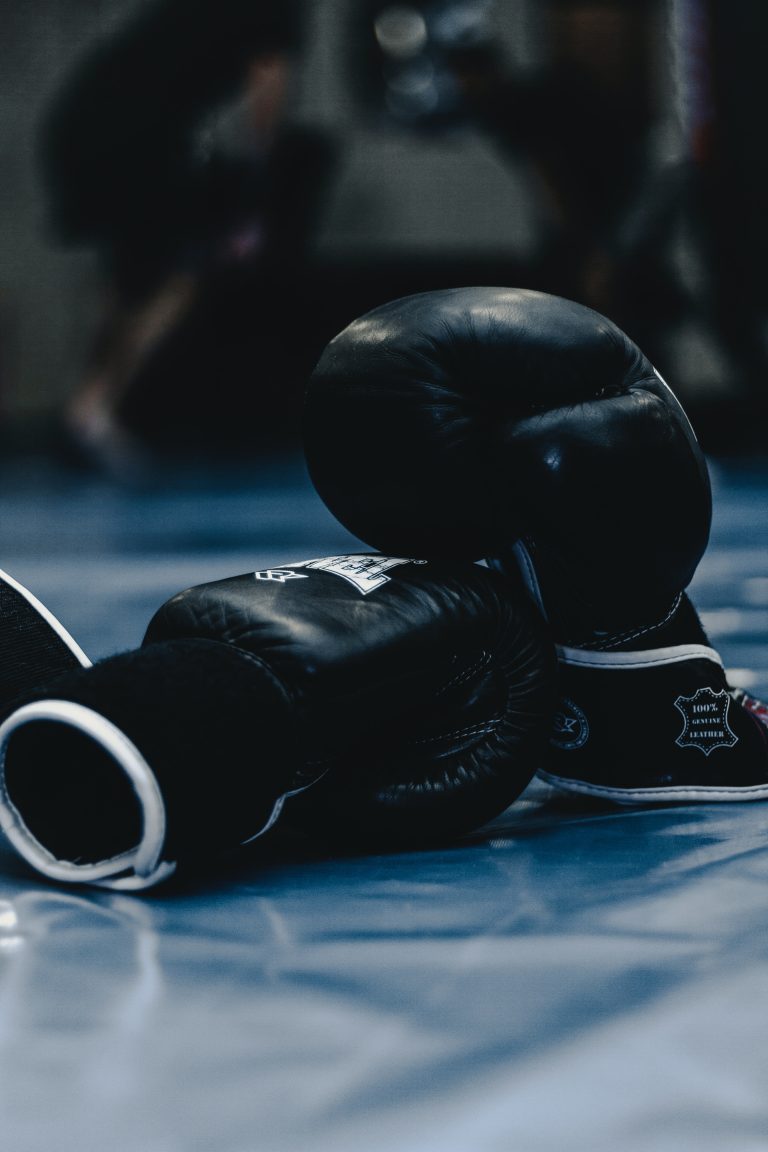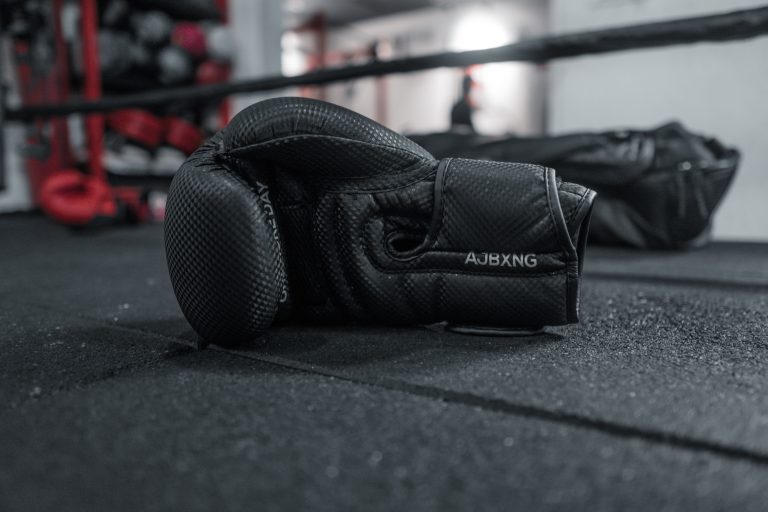Karate: How to Choose the Right School
Karate is a martial art that has gained popularity worldwide. It is not only used for self-defense but also as a way to improve physical fitness. However, choosing the right karate school can be challenging, especially for beginners. This article highlights some factors that you should consider when choosing a karate school.
1. Instructor’s Qualification
The first thing that you should look at when choosing a karate school is the qualifications of the instructors. You want to train with qualified individuals who have experience in teaching karate. The instructors should have valid certification from recognized organizations, such as the World Karate Federation or International Shotokan Karate Federation.
2. School’s Philosophy
The philosophy of the school is an essential factor that can affect your karate training. Some schools prioritize physical fitness, while others emphasize discipline and character-building. It is crucial to choose a school that aligns with your goals and values.
3. Class Schedule and Location
The class schedule and location are also crucial factors to consider when choosing a karate school. Ensure that the school’s schedule fits with your availability. You also want to choose a school that is conveniently located, accessible, and safe.
4. Facility and Equipment
Find a school that has a safe, clean, and well-maintained training facility. The school should have appropriate equipment and space for training. Also, ensure that the school has a first aid kit in case of injuries.
5. Student-to-Instructor Ratio
You want to choose a school that has a favorable student-to-instructor ratio. If there are too many students in a class, it can be challenging for the instructor to give individual attention to each student. Ideally, the ratio should not exceed 15 students per instructor.
6. Trial Classes
Most karate schools offer trial classes to new students. Take advantage of these classes to get a feel for the school’s teaching style, dojo etiquette, and overall atmosphere. It is also an opportunity to interact with the instructor and other students.
7. Cost
Finally, consider the cost of training. Karate schools charge differently, and you want to choose a school that fits your budget. However, avoid choosing a school solely based on price. Instead, choose a school that offers value for your money.
Conclusion
Choosing the right karate school is crucial to your martial arts journey. Remember to consider the qualifications of the instructors, school philosophy, class schedule and location, facility and equipment, student-to-instructor ratio, trial classes, and cost. By doing so, you will find a karate school that meets your needs and goals.
Karate: How to Choose the Right School
Karate is a martial art that can help you in all aspects of your life, from physical fitness to self-defense. However, choosing the right karate school is critical, and there are many factors to consider. In this article, we will answer some of the most frequently asked questions about how to choose the right karate school.
1. What are the different types of karate?
Karate has various styles such as Shotokan, Goju-Ryu, Wado-Ryu, and Shito-Ryu. Each style emphasizes different techniques, training methods, and philosophies. So, it is crucial to choose a style that fits your physical abilities, interests, and goals.
2. How important is the instructor’s experience?
The instructor’s experience is a critical factor in choosing a karate school. Experience is not measured only by the number of years in practice, but also by the rank and reputation of the instructor. A highly ranked and respected instructor has more knowledge, skills, and connections than a new or unproven one. So, try to research the instructor’s background, qualifications, and awards before joining a school.
3. What should I expect in a typical karate class?
A typical karate class includes warm-up exercises, stretching, basic techniques, kata (forms), sparring, and cool down. The class duration may vary from 30 minutes to 2 hours, depending on the school’s schedule and level of training. Also, the class may be divided into groups based on age, skill level, or gender. So, it is essential to ask about the class structure and rules before enrolling.
4. How much does it cost to learn karate?
The cost of learning karate may vary significantly depending on the school’s location, facilities, quality, and payment plan. Some schools charge by the class, while others offer monthly or yearly memberships. Also, some schools require additional fees for uniforms, equipment, and testing. So, it is vital to ask about the total cost and understand the payment policies before signing up.
5. How can I assess the school’s quality?
To assess the school’s quality, you can consider these factors:
– The instructor’s credentials, reputation, and teaching style.
– The school’s history, affiliations, and achievements.
– The students‘ attitudes, skills, and feedback.
– The facilities‘ cleanliness, safety, and accessibility.
You can also visit the school, observe a class, talk to the instructor and students, and ask for references to former or current members.
6. How long does it take to master karate?
Karate is a lifelong journey that requires continuous learning, practice, and improvement. There is no fixed timeline to master karate, as it depends on many factors such as the student’s age, talent, dedication, and training intensity. However, a typical progression from beginner to black belt rank may take 3 to 5 years in a traditional school. So, it is essential to set realistic goals and enjoy the process, rather than focusing only on the outcome.
7. What are the benefits of learning karate?
Learning karate has numerous benefits for physical, mental, and social well-being, such as:
– Cardiovascular fitness, strength, and flexibility.
– Self-defense skills, confidence, and awareness.
– Focus, discipline, and stress relief.
– Respect, humility, and camaraderie.
Karate can also be a fun and fulfilling activity for individuals and families of all ages and backgrounds.
Conclusion
Choosing the right karate school is essential for achieving your martial arts goals and enjoying the journey. By considering factors such as style, instructor’s experience, class structure, cost, quality, and benefits, you can make a more informed and confident decision. Karate is not just a sport, but also a lifestyle that can enhance your quality of life in various ways. So, give it a try and see how it can benefit you.
Inhaltsverzeichnis





